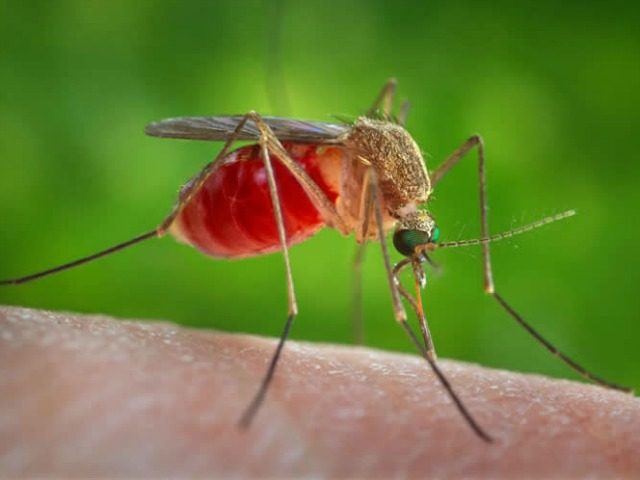Mosquitoes remain the primary method of Zika virus transmission; therefore, Brazilian researchers’ discovery of another, very common, mosquito strain capable of carrying the virus is troubling.
Preliminary findings from the Oswaldo Cruz Foundation found traces of Zika in mosquitoes “captured in and around the northeastern Brazilian city of Recife, capital of the state that was hit hardest by the Zika outbreak since last year,” Reuters reports.
Reuters notes the same group of scientists were able to artificially transmit Zika to this breed of mosquito in laboratory tests, but now seek to confirm Culex can carry the virus in the wild. Further testing is reportedly necessary before the results can be confirmed.
Of particular interest is whether Zika is rare in the Culex mosquito. If not, this discovery could be a “game changer,” as one expert put it to The Washington Post. Thankfully, the relatively small number of areas affected by Zika to date would seem to suggest the common Culex mosquito is not a major factor in transmission.
CNN notes that the Brazilian research team has not yet established whether Culex can transmit the virus to humans.
The bad news is that Culex is far more common than the previously known Zika-compatible strain of mosquito, the Aedes aegypti, and can flourish across a much larger geographic area, including a larger portion of the United States. Of particular concern for Brazil, CNN’s report notes that the Culex mosquito is 20 times more common than Aedes aegypti in the area where the Oswaldo Cruz Foundation conducted its test.
“It means that we have a second species of vector involved in transmission. And with this vector having totally different habits from Aedes aegypti, we will have to create new strategies to combat Culex as well,” said researcher Constancia Ayres, as quoted by The Washington Post.
Ayres is referring to the fact that anti-Zika strategies generally revolve around targeting specific strains of infection-carrying mosquitos, so introducing a new strain would complicate matters.
An important point CNN stressed is many types of Culex mosquito exists, and some strains have not been able to carry Zika in laboratory testing. The specific strain involved in the Brazilian study was Culex quinquefasciatus. U.S. research teams have been generally optimistic that Culex mosquito populations would not be major carriers of Zika in America.

COMMENTS
Please let us know if you're having issues with commenting.